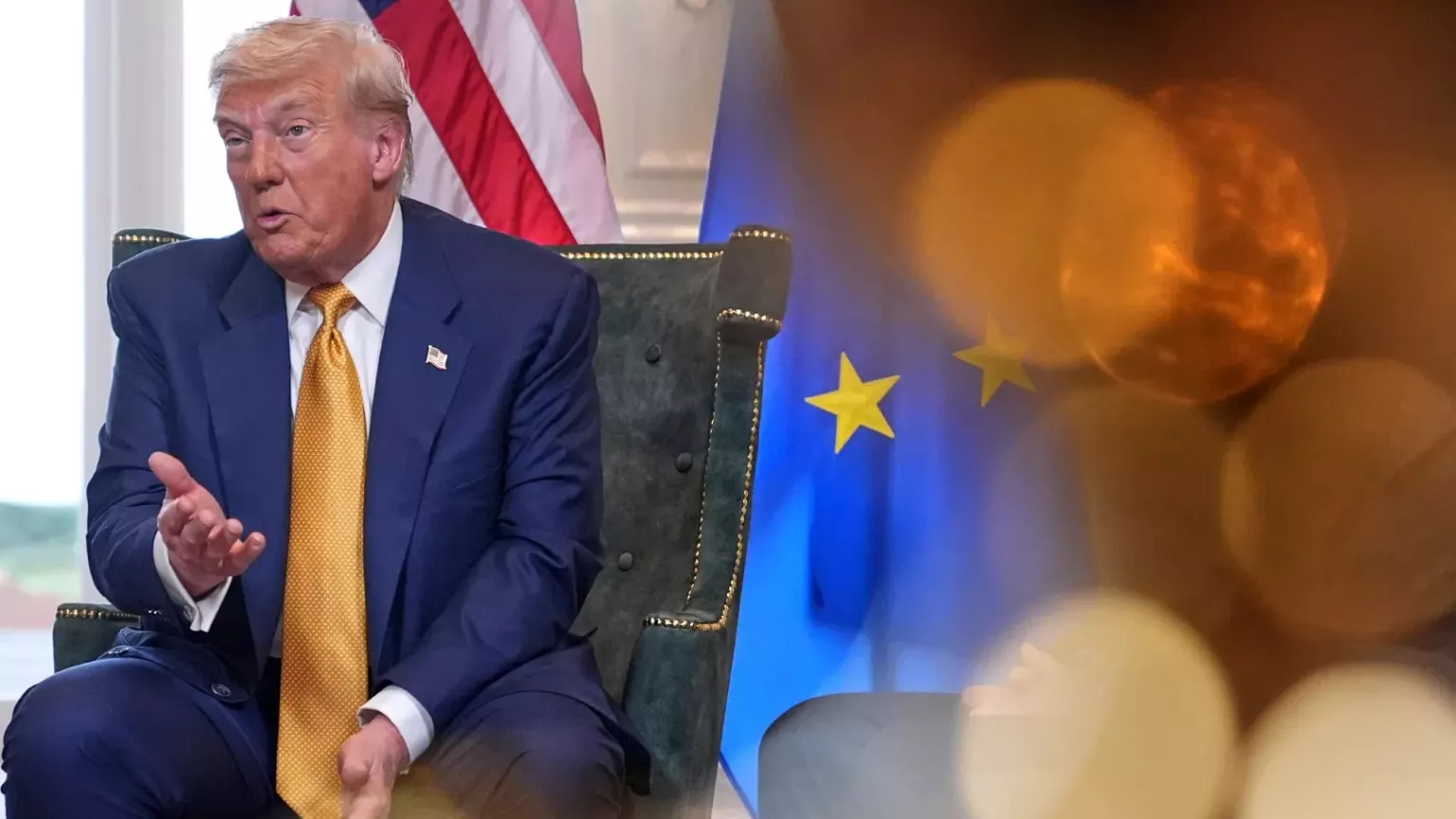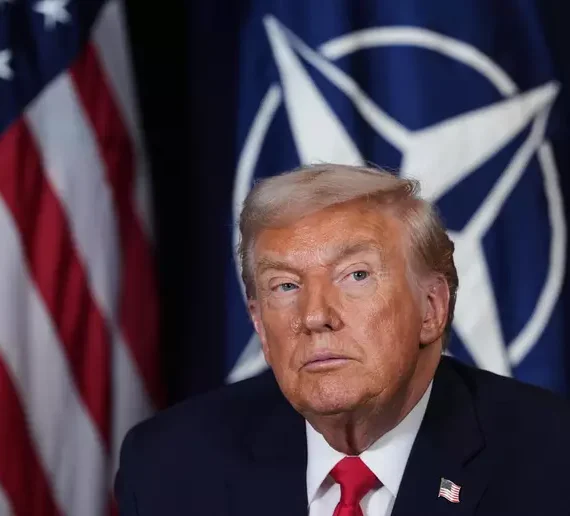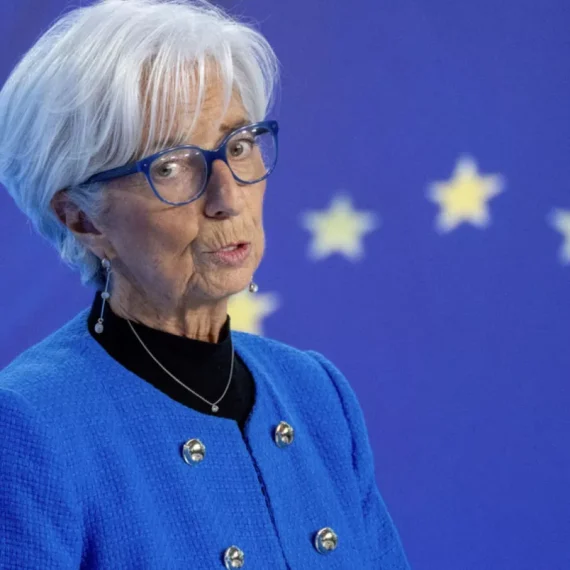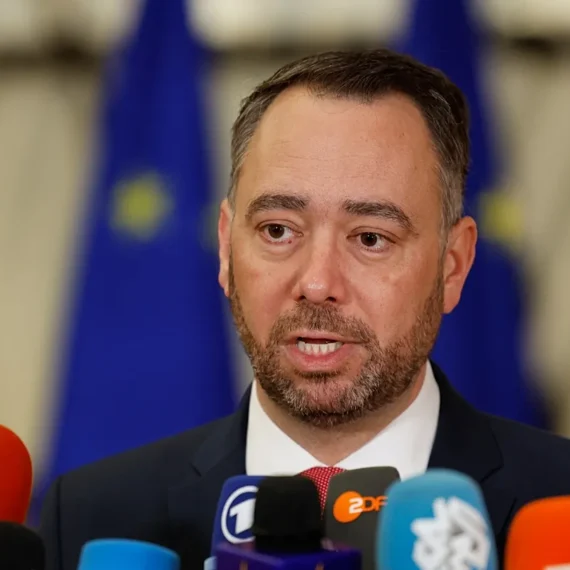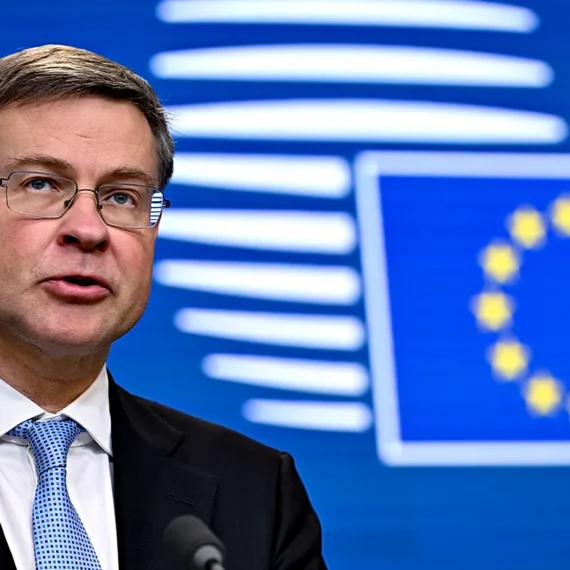The present situation of pharmaceutical tariffs between the EU and the US remains ambiguous, despite the announcement of a new transatlantic trade pact on Sunday.The situation is especially sensitive due to the sector’s mutual dependency: the US imports large volumes of critical pharmaceuticals from the EU, while EU-based pharmaceutical companies, particularly in Ireland and Denmark, rely heavily on access to the American market.
Although the new trade deal will go into effect on August 1, medicines will not be subject to the 15% tax that will be imposed on most products imported from the European Union into the United States.
Because the US could not commit to any decision on tariff adjustments until after that process was finished, medicines were technically left out of yesterday’s official agreement, according to multiple EU sources.
The EU does, however, expect the US, under President Trump, to uphold the unofficial agreement made during discussions if tariffs are imposed after the probe. This includes a 15% tariff cap, which the EU views as “all-inclusive”—that is, it should extend to goods like semiconductors and medications that are still under investigation.
Also Read:
In Texas, a Deadly Measles Outbreak Does little to Dispel Vaccine Skepticism

